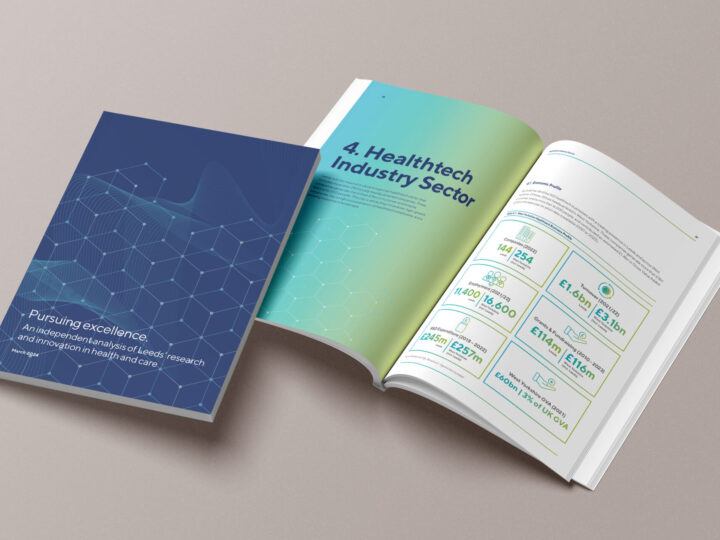A recent article in The Drum magazine said that British firms lose £46,815 a year due to negative online content. We’ve worked with clients in the past for whom this has been a problem and we know of consultants out there who offer to help ‘control’ your online reputation.
The truth is that in the social media age of user-generated content, the consumer is king. And the even harsher truth for brands is that social content in the form of forums and comments on articles is incredibly powerful in Google searches, sometimes sticking around on the first few pages for years.
However, companies and organisations can’t and shouldn’t try to stop people voicing their opinions about them online, particularly not if that means using unethical practices like changing Wikipedia entries and trying to ‘wipe’ forum content from Google searches with ‘clever’ SEO practices.
So, what can you do? The preachy answer is to do everything in your power not to upset people in the first place but in certain sectors we know that this is easier said than done! The fact is that your customers, clients, employees and stakeholders have a powerful voice online and demand complete transparency. In the social media age, there is no escaping negative backlash to your mistakes – and it won’t be quickly forgotten as tomorrow’s fish and chip wrapping like it might have been in the past. In fact, without proper dialogue, it can spiral and get bigger and bigger over time.
You also can’t rely solely on traditional crisis communications, although the principles are still important. Waiting for an issue to arise and then trying to resolve it is no longer sufficient – it could be out of control by the time you are able to respond and it is unlikely that an apology will be good enough. Plus, when it comes to negative online content, we’re not just talking about major crises, we’re talking about ongoing conversation amongst a wide range of audiences on a wide range of platforms, some of which you can’t even monitor.
When it comes to negative online content, recent or historical, the most important thing to do is use it as insight and feed it back into the business to change the way you do things. Asda may have quickly and effectively responded to backlash about the ‘mental patient’ costume that made it on to supermarket shelves for Halloween but the fact that a cape which resembled a KKK outfit emblazoned with an England flag for the World Cup ever even got past initial design/purchasing stage is astounding. How the team responsible for comms and social media responds to something like this is only the first step. How brands then learn from these mistakes by sharing how they unfolded online throughout all areas of the business is what will stop it from happening again.
Whatever line of business you’re in and whoever your clients, customers and stakeholders are, don’t think about addressing negative online content in terms of ‘quick tricks’ for getting rid of it as this will only make the problem worse. Instead, you should look at long term reputation building and understanding which will make your business fit for the future. My advice would be to:
1. Monitor your online presence – make sure that senior management knows what comes up in Google and social media content searches for both the company name and other relevant key words
2. Re-think who the real influencers of your reputation and perceptions about your brand are and listen to the conversations they are having online to anticipate what they are most likely to react negatively to
3. Adapt the way you communicate to avoid depersonalisation and talk in the language of the people that really matter
4. Be honest when things go wrong and actively ask for feedback as to what needs to be done to satisfy those that feel aggrieved that it will be resolved to their satisfaction
5. Learn from mistakes not just in terms of how you present yourself online but in terms of how you do business
If you’re worried about how negative online content is impacting on your business, don’t ignore it. We can advise on what you can and can’t/shouldn’t do to improve your online profile in the short and long term.




